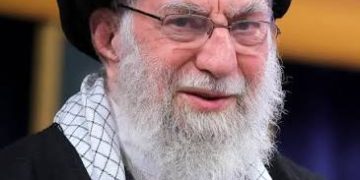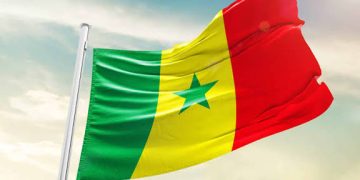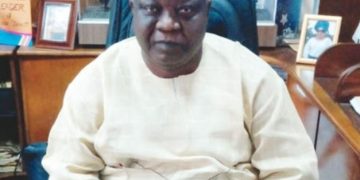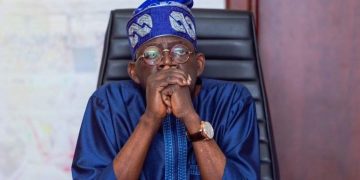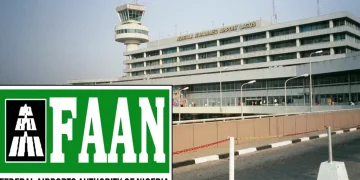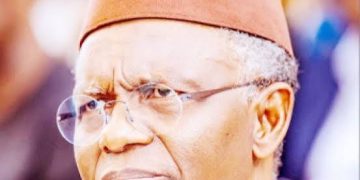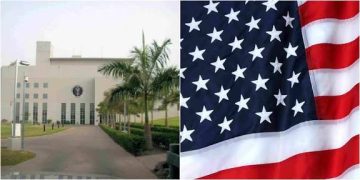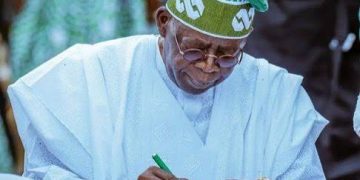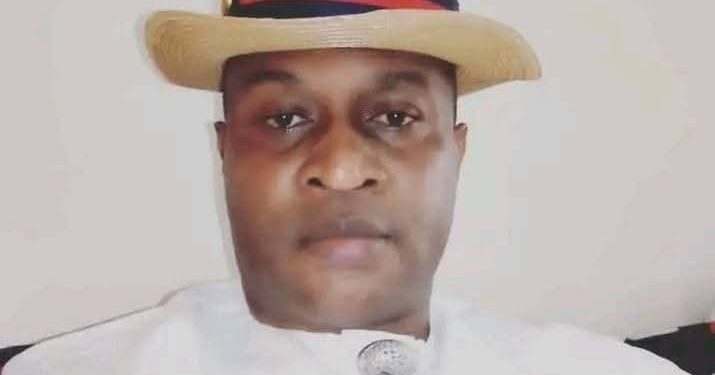These rights are guaranteed by the Constitution, which affirms that every citizen, regardless of ethnicity, may acquire and hold immovable property anywhere in the country. In principle, this right is clear, equal, and undisputed. But in practice, particularly for many Igbo investors who form a significant portion of Nigeria’s trading class, the experience often tells a different story, one shaped by bureaucratic inconsistencies, ethnic tensions, abuse of official power, and recurring demolitions.
The controversy surrounding the sale and subsequent demolition of properties built on designated green areas in Abuja is only the latest chapter. If you buy any property in that line, especially if you are Igbo as many have argued, it can be described as a long-running pattern of systemic economic hostility, and the government will come to reclaim the space with time.
Why are you buying property that can be reclaimed, even before Abuja’s renewed push to reclaim green zones? A lot of businesses are being displaced. On social media, a lady and several others who were affected were complaining bitterly. Some said they had permits and claimed that they were paying for the space. This mirrors what many Igbos in Nigeria witnessed during a similar and highly controversial episode in Lagos. In September 2025, demolition teams moved into the Lagos International Trade Fair Complex, tearing down approximately 19 multi-story buildings, both completed and uncompleted, as well as hundreds of shops. Affected traders were predominantly of Igbo origin.
Many of the property owners insisted they possessed complete government documentation, including federal approvals issued years earlier. Despite repeated appeals and mass protests, the Lagos State Government did not compensate affected owners. Officials maintained that the demolitions were necessary to remove illegal structures and enforce physical planning regulations.
Yet, to the Igbo community, this was another painful reminder,
Even with approved documents, your investment may not be safe.
Abuja is widely regarded as one of Africa’s most beautiful purpose-built cities clean, orderly, and carefully planned. Central to its master plan are green areas, parks, recreational spaces, valley corridors, and natural buffer zones designed to improve air quality, regulate temperature, reduce flooding, and preserve the city’s ecological balance. Over time, however, these designated green belts have become targets for illegal allocations, private construction, and political patronage. Properties often sold by insiders who fully understand the illegality were offered to unsuspecting or overly ambitious buyers. A significant number of the purchasers, again, have been Igbo investors. A fair warning is that no matter who sold the green areas to you, even if it’s the minister, the harsh truth is that they will come back after some years, probably under another minister, to reclaim the green areas.
Some buy out of trust in “assurances” from officials; others knowingly take the risk, believing political connections or changing administrations may protect their investment. But history has shown there is no immunity. Once the government decides to reclaim a green area, the bulldozers always win, and owners lose everything. Stop buying green areas. A harsh but necessary warning.
The blunt truth is this:
Anyone Igbo or otherwise who buys land in Abuja’s green areas is purchasing land they can never truly own.
No matter the assurances given by officials, no matter the documents issued, the legal foundation is invalid from the start.
The law regarding green areas has never changed. It is consistent, binding, and backed by decades of planning policy. When demolition comes, there is no compensation, because the land was never legally available for private ownership in the first place.
For many observers, this raises troubling questions: Who sold these lands? Why are officials responsible for these illegal allocations never prosecuted? Why does the EFCC not investigate the internal corruption behind such sales? Why do victims, often Igbos, always bear the financial burden? Is this pattern merely administrative negligence, or something more systemic?
These questions linger, unanswered, while investors continue to suffer massive financial losses. Across Nigeria, major demolitions from Abuja to Lagos, Port Harcourt to Kaduna often reveal a troubling trend: a disproportionate number of affected properties are owned by Igbos. This reality has shaped a narrative within Igbo communities that they are economically targeted an allegation government officials consistently deny. Yet the facts on the ground tell a story difficult to ignore:
Properties bought legally have been demolished.
Properties approved by government agencies have been revoked.
Officials who sell illegal plots face no consequences.
Victims receive no compensation or justice.
Whether deliberate or incidental, the effect is the same: the economic base of a major Nigerian ethnic group is repeatedly shaken.
Civil society organizations have begun sounding the alarm. The Housing Development Advocacy Network (HDAN) recently urged FCT Minister Nyesom Wike to halt the allocation or conversion of green areas, warning that the loss of these spaces undermines environmental sustainability in Abuja’s master plan, public health, and urban safety. The future livability of Nigeria’s capital is at stake. HDAN insists that the situation is no longer merely a planning issue it is a national emergency.
Beyond advocacy, what Nigerians desperately need is transparent accountability: Who sold the green areas? Which officials approved illegal allocations? Why are victims always blamed and perpetrators always protected? Why is the focus on demolishing properties rather than prosecuting the insiders who created the problem?
As long as these questions remain unanswered, the cycle will continue. Many buyers remain unaware or choose to ignore the legal status of green areas. Public enlightenment is essential. Nigerians must understand:
Green areas are not for sale under any circumstances.
No minister, commissioner, or official can change their designated purpose.
Any development in green zones will eventually be removed.
Documentation obtained under fraudulent or unauthorized processes cannot save a property.
Civil society, housing advocates, and the media must intensify public education to prevent further losses.
The Abuja green areas controversy is not just a planning dispute; it is a significant economic, legal, and moral crisis. It exposes deep flaws in Nigeria’s land administration system, highlights the vulnerability of ethnic minority investors in certain regions, and shines a spotlight on institutional corruption that remains unpunished.
For the Igbo community, one of the most industrious groups in Nigeria, the message is clear: Stop buying green areas.
No matter the promise, no matter the document, the investment will not survive.
Address the institutional corruption enabling the illegal sale of protected lands, or continue presiding over preventable economic destruction.
Until accountability becomes the norm rather than the exception, the demolition of illegally allocated green areas and the suffering of innocent investors will remain an unfortunate feature of Nigeria’s urban landscape.
Daniel Nduka Okonkwo is a seasoned writer, human rights advocate, and public affairs analyst, widely recognized for his incisive commentary on governance, justice, and social equity. Through his platform, Profiles International Human Rights Advocate, he has consistently illuminated critical social and political issues in Nigeria and beyond, championing accountability, transparency, and reform. With a portfolio of more than 1,000 published articles available on Google, Okonkwo’s works have appeared in prominent outlets such as Sahara Reporters and other leading media platforms. Beyond journalism, he is an accomplished transcriptionist and experienced petition writer, known for his precision and persuasive communication. He also works as a ghostwriter and freelance journalist, contributing his expertise to diverse projects that promote truth, integrity, and the protection of human rights.

